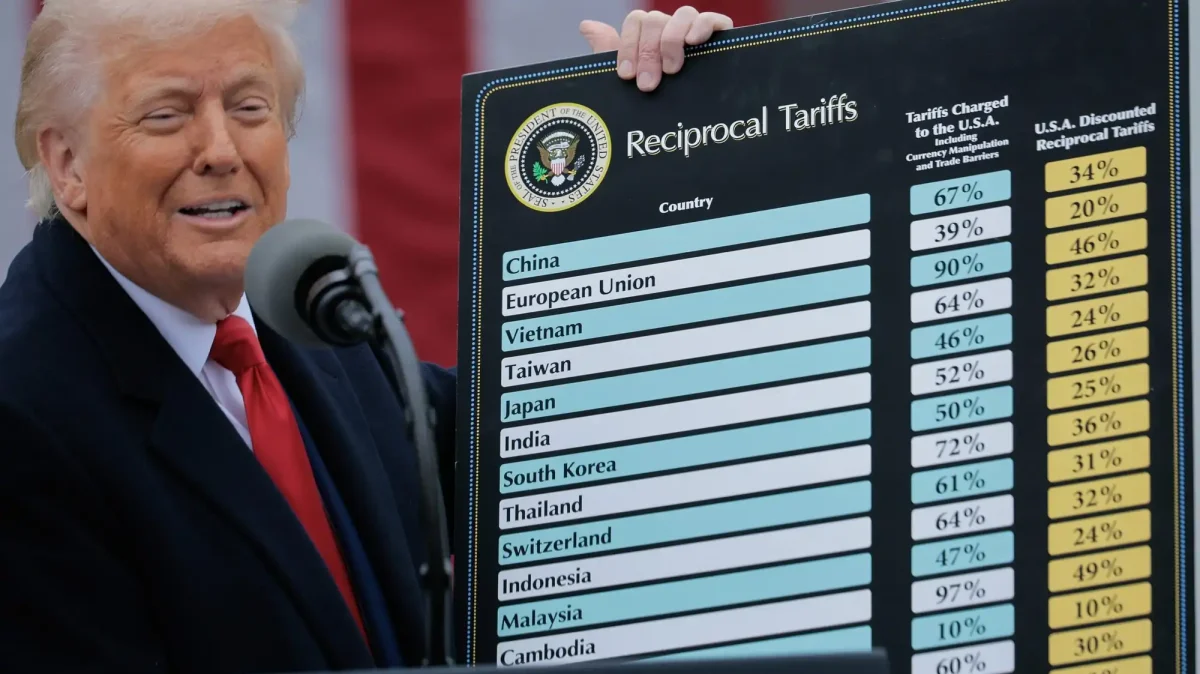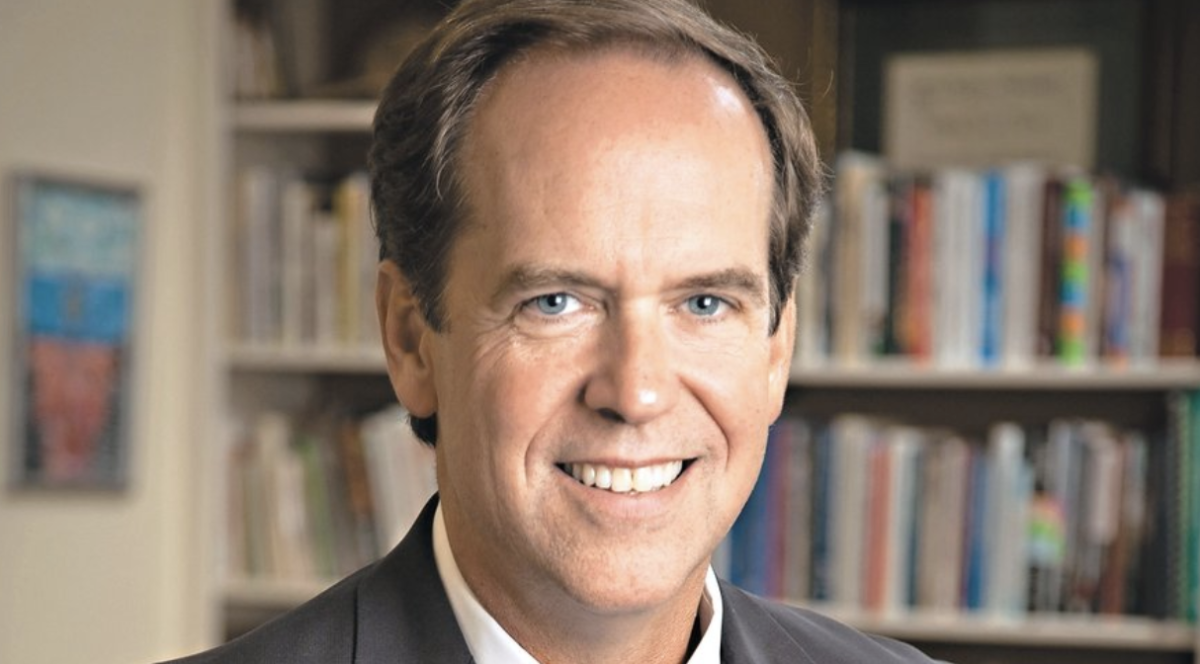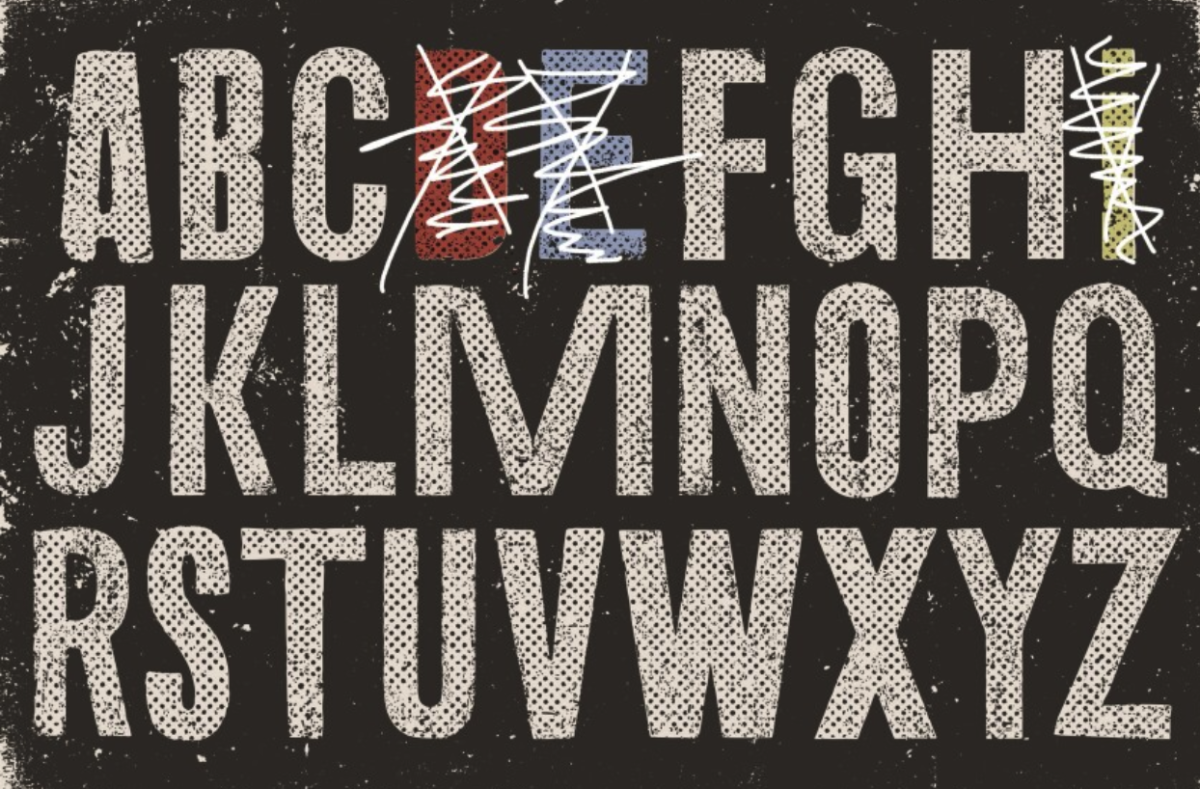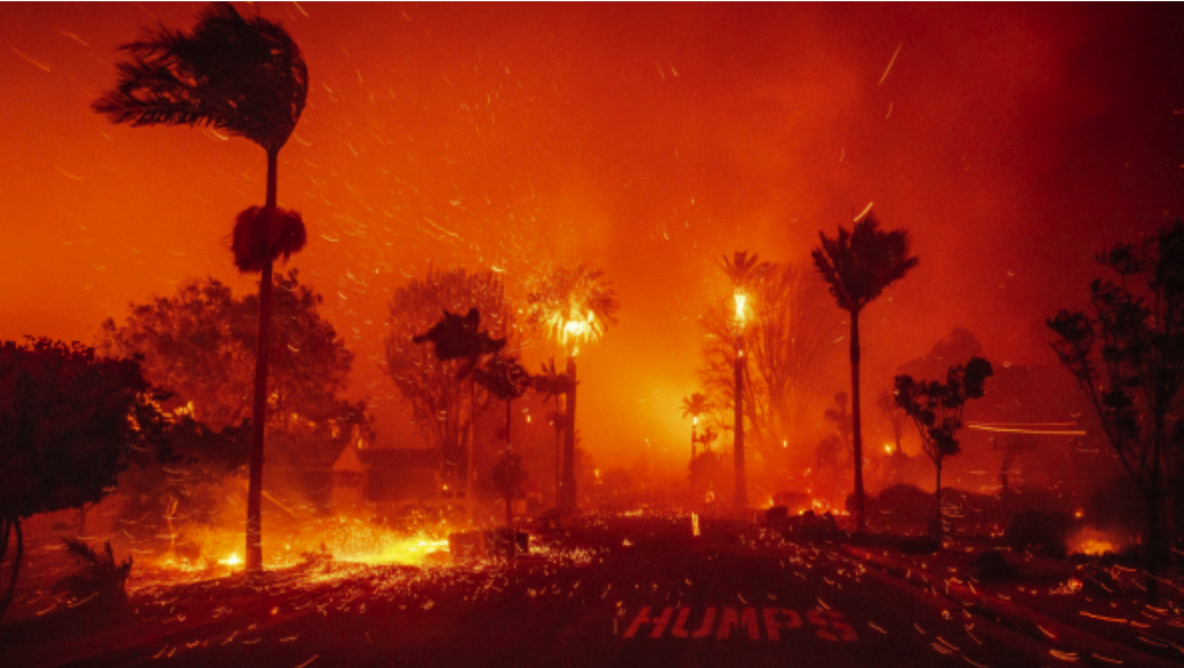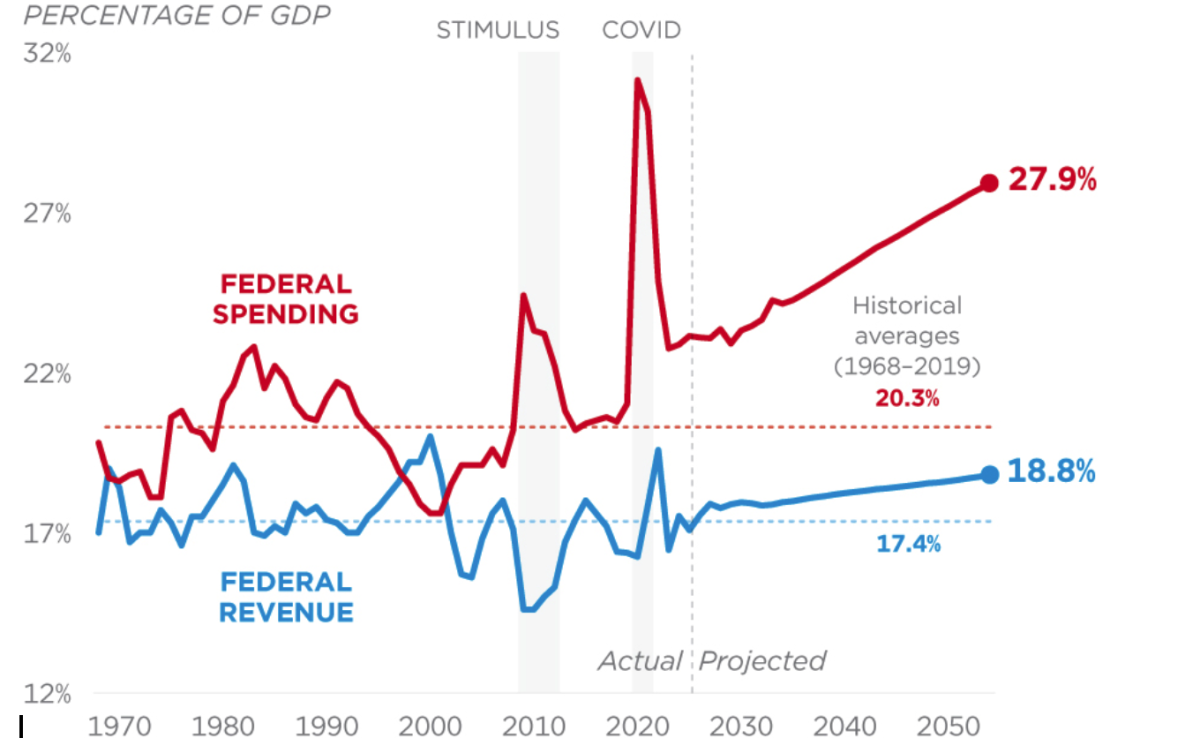By Tom Desoutter
In the wake of the shootings at Sandy Hook Elementary School, the national political scene has been flooded with speeches and bills dealing with guns and gun violence. While Americans agree that mass shootings and gun violence are much too common, we disagree on how to fix the problem.
Many politicians, pointing to the fact that most mass murderers obtain their weapons legally, believe that gun crime can be reduced through laws tightening regulations on gun ownership. President Obama has issued 23 executive orders increasing enforcement of existing gun laws and authorizing government agencies to share background check information with each other, and proposed a ban on assault weapons and high-capacity magazines. A law with the same premises was recently passed in New York, and similar bills are under consideration in other states like Colorado.
“I’m all for people having a gun if it’s registered,” said Spanish teacher Stan Moor, “but I support reasonable limits on things like assault weapons. I don’t see why anyone would need that except the military.”
Opponents of gun control, led by the National Rifle Association, have provided a different perspective. They believe that restrictions on gun ownership are not only unconstitutional, but also counterproductive, because they take guns out of the hands of law-abiding citizens, making it more likely that the attacker is the only person armed. They note that Sandy Hook Elementary School, like all public schools in the United States, is a gun-free zone, meaning that there were no armed people on hand to stop the killer. As an alternative, the NRA proposed placing an armed guard in every public school to protect the children.
“The only thing that can stop a bad guy with a gun is a good guy with a gun,” said freshman Harrison Jones. “The price of freedom is that some people use it to do bad things. Freedom goes both ways.”
The Bi-Line conducted a poll to determine the beliefs of the Westminster community regarding guns. Only 38 percent of students report having a gun in their home, but 87 percent agree that the Second Amendment establishes an individual right to gun ownership, and 60 percent believe that gun control laws do not generally reduce gun violence.
“I think these proposals have the right intentions, but gun control might not be the right response,” said senior Erin Borders. “I doubt that most mass murderers worry about getting their guns legally. We often jump to conclusions like ‘Oh, he had a gun? Let’s put more restrictions on guns!’ when the issue is really deeper than that.”
Borders touched on an important question: Why are mass shootings so common in the United States relative to other developed nations? Roughly 45 percent of Westminster students blame our gun culture and large number of guns, while 42 percent believe that the main problem is the weakness of our mental healthcare system. About 30 percent also cite violence in movies and video games as a reason for America’s disproportionate level of gun violence.
“There are a lot of other factors working here, and sometimes we overlook them and go straight to gun control, when there’s actually a lot of truth in the other stuff,” Moor said.
Many of the proposals from the President and the NRA divide the student body. For example, a slim majority supports the President’s proposals, with 56 percent supporting a ban on assault weapons and high-capacity magazines and 44 percent opposing. Students weren’t as friendly to the NRA’s school guard plan, rejecting it 59 to 41.
“It depends on how you define an assault weapon, because that’s hard to define, and that made Clinton’s assault weapon ban hard to enforce,” Jones said. “As far as magazines, some legislation in that area wouldn’t be bad, as long as it isn’t outrageous. Nobody needs to be carrying around 300 rounds of machine gun ammo, but we need to make sure our laws are reasonable.”
A prevalent opinion in the Westminster community is that media coverage of mass shootings glorifies the killer. Publicizing the killer’s name and life story can make him into a sort of idol for mentally ill children who are looking for a way to leave their mark on the world. Instead, more attention should be given to the victims and their lives. Many also feel that, no matter what steps we take to prevent violence, we may not be able to stop it.
“I don’t believe that there is a way to truly solve this problem,” said an anonymous student. “If someone wants to hurt innocent people, they will find a way to do it. This may be pessimistic, but I believe there will always be violence in our world.”

